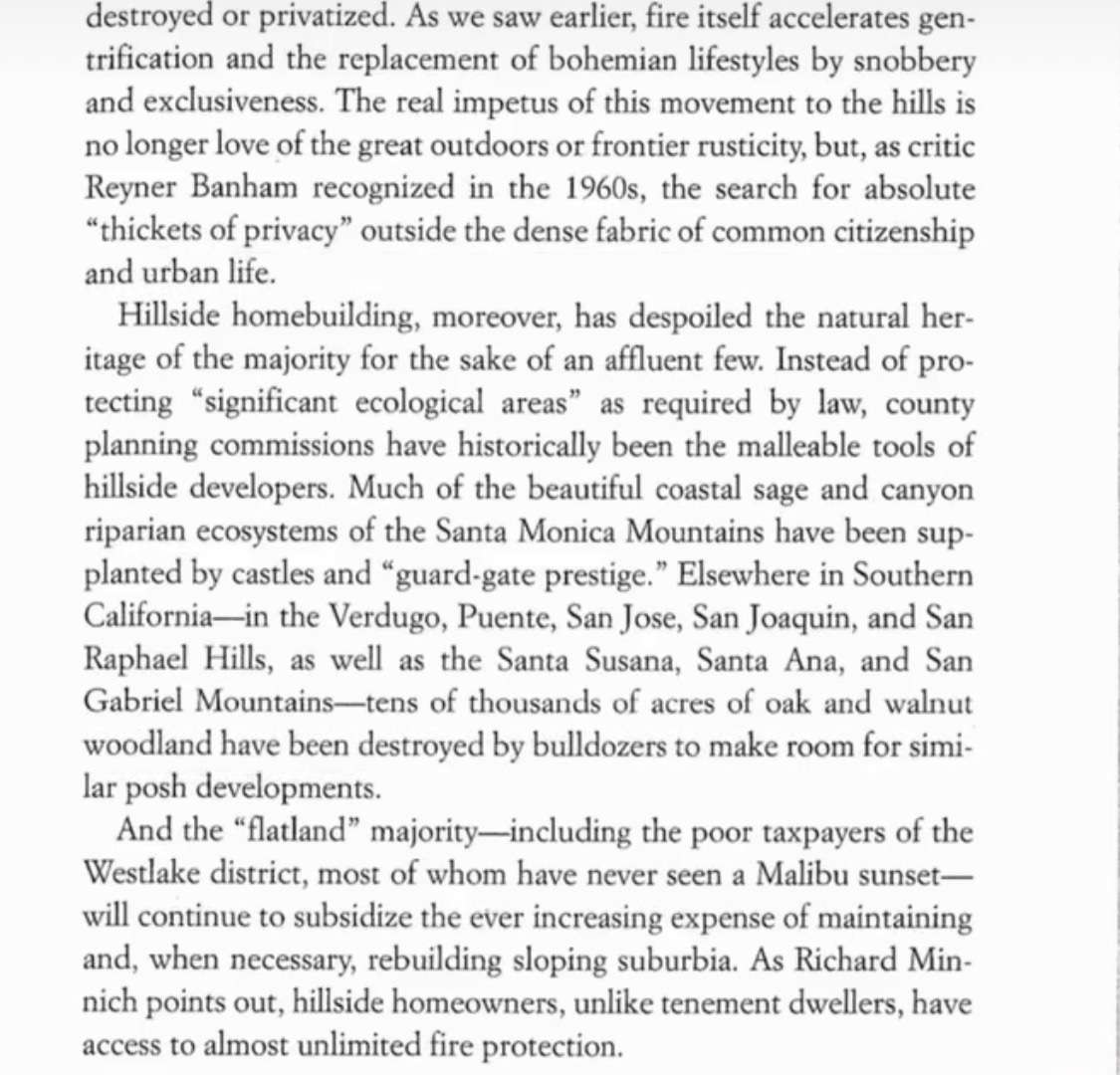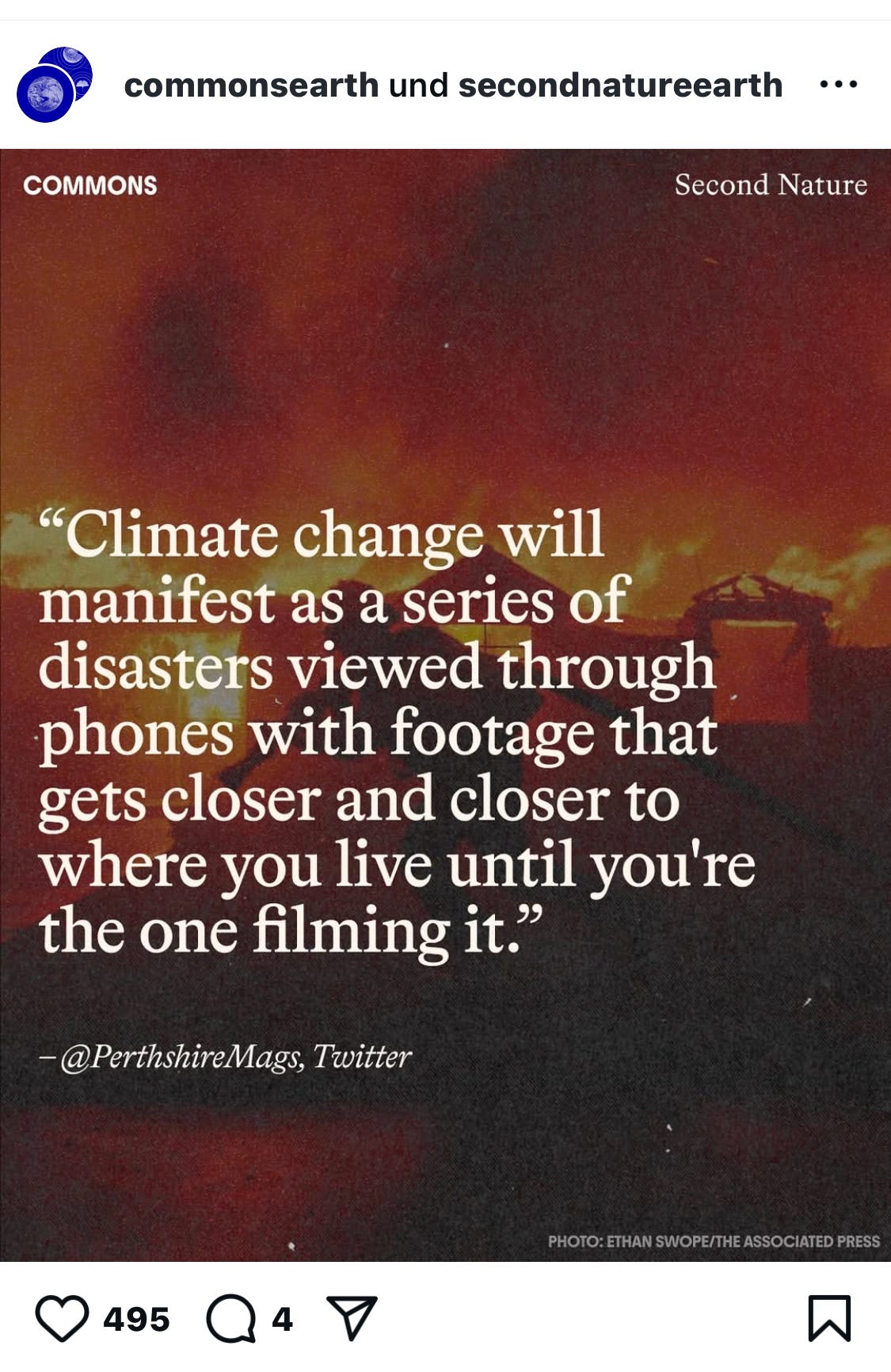Listen to a version of this column on the Poetry in Eden podcast, episode #27, available on Spotify or Apple podcasts. Podcast episode #27 is a conversation with tech enthusiast and writer, Luv Mishra, on ‘Can We Coexist?’
🇺🇸 The American Healthcare System is a Reflection of Most American Systems 🇺🇸
One of my first childhood crushes many moons ago was a boy named Joe. I realized the remarkable extent of youthful infatuation when I managed to discover where he lived, how many siblings he had, and what his parents did for a living—and this was long before social media and instant messaging.
Yes, Joe caught my eye, but he never knew I had a crush on him, even years later, when I was still quietly observing him.
The story of Joe is a bittersweet one. Once we got to high school, he became really “cool,” while I remained focused on my love of learning. Joe started hanging out with kids who skipped class, while I prided myself on my perfect attendance. Over time, he began missing school altogether.
Some days, I would spot Joe on the street corner, his eyes shadowed like a raccoon’s. Other days, I would see him at the school’s wide doored entrance, frantically asking some other kids for something I did not quite understand.
Actually, growing up, Joe had been close friends with a kind, intelligent boy who eventually became our high school’s football quarterback. After a tragic spinal injury left the quarterback in a brace, I was surprised to see him and Joe reconnect, forming a bond again after many years.
It was only years later when I learned that this brilliant kid—our quarterback—had been overprescribed OxyContin, a highly addictive painkiller.
Tragically, OxyContin was also Joe’s drug of choice. I witnessed how this addiction, fueled by a greedy pharmaceutical industry, ravaged Joe’s life, shattered the mind and body of one of the kindest, hardest-working, and fittest guys I knew, and ultimately destroyed the lives of their families.
My mistrust of the United States healthcare system began back then.
It deepened a few years later when a nurse administered an anesthetic to my mom—one she was severely allergic to. The reaction sent her body into violent spasms, and eventually, it claimed her life.
The crumbling lives of two boys I grew up with and cared for—and the crumbling lives of their families. My mom’s precious life stolen due to negligence.
Yeah. . .I have some skepticism toward the United States healthcare system.
And I have a feeling that most Americans carry some personal healthcare heartbreak. While I could never condone murder, I can understand the frustration and the pain Luigi may share with us in his future testimonies.
The healthcare system in America has been broken for decades. But honestly, name one system in America that is successfully working for the benefit of most citizens and residents, and I’ll write you 5 personal poems.
Maybe the answer to my question does not exist because it may be the antithesis to the capitalist philosophy—if someone is not losing, then who is winning?
As an American living abroad and as an international author, my goal is to encourage all of us to think deeply about the systems we support and operate within. What is working? Can we dream of and build something better? Is it too late? Is it ever too late?
🌲 What Do the L.A. Wildfires and Gaza Have in Common? 🌲
As an American living abroad and an international author, I find myself grappling with the systems Americans support and sustain, questioning what works, what doesn’t, and whether it is too late—or ever too late—to dream of something better. This week, as I watched helplessly from afar while wildfires raged through Los Angeles, threatening my family and lifelong friends, I spiraled into a search for answers, digging deep into the roots of these catastrophic flames.
Undeniably, the weather events sweeping across California have been intensified by the climate crisis. Yet, it should not be a major surprise. These weather patterns are familiar to the Indigenous peoples who had long inhabited those lands.
The dry hills stretching from Pasadena to Malibu have long been prone to ignite when the Santa Ana winds exceeded 80 kph, a phenomenon that predates both suburban sprawl and human settlement.
In fact, NBC says the fires were “entirely foreseeable,” citing suburban sprawl, fierce Santa Ana winds, climate change, and the limits of firefighting as key factors. source.
Based on my research, it was entirely foreseeable.
Activist and author Mike Davis, in his 1998 book Ecology of Fear: Los Angeles and the Imagination of Disaster, has a chapter titled "The Case for Letting Malibu Burn," highlighting the inherent ecological risks and patterns of the region.
I do believe events like these (climate change related that is) should be at the forefront of all city planning conversations, with increased support in the form of laws and budgets.
The Los Angeles Fire Department (LAFD) makes up about 6 percent of the city's expense budget; the Los Angeles Police Department (LAPD) receives 15 percent.
Ricci Sergienko, a lawyer and organizer with People’s City Council LA says, “The consistent defunding of other city programs in order to give the LAPD billions a year has consequences, and these elected officials do actually have blood on their hands.” source
Fighting climate change is not yet widely viewed as a profitable endeavor, while sectors such as capitalism, the prison industrial complex, and defense-related industries have historically been significant sources of economic gain in the United States.
Speaking of the prison industrial complex, it’s difficult to comprehend the reality of California prisoners serving as frontline firefighters. They undergo training and risk their lives battling wildfires, yet they are compensated with mere pennies—an arrangement that raises unsettling parallels to modern-day slavery.
Well, California recently voted to uphold a clause in the 13th Amendment that permits slavery as a form of punishment for crime. California’s Constitution, like the 13th Amendment of the U.S. Constitution, currently bans slavery and involuntary servitude — except as a punishment for crime.
High crime, imprisonment, and involuntary servitude often generate economic opportunities for certain sectors in America. Similarly, war has historically resulted in significant financial gains for some industries. Even in the face of devastating events such as wildfires, the loss of homes, lives, and hope can also translate into economic profit for specific groups or businesses.
But at what cost to our people and our planet?
This question brings to mind another place that has been engulfed in flames, both literally and figuratively. . .
Sobering example: the climate impact of just the first 60 days of Israel’s most recent war on Gaza was equivalent to burning at least 150,000 tonnes of coal. source
And it makes me wonder, when will we come together to follow the right plot line before we all go up in flames?
From 2023 October to 2024 September, the U.S. has spent at least $22.76 billion on military aid to Israel. source
Crawford, who is the Montague Burton professor of International Relations at Oxford University, says,
“Quite simply we’re preparing for the wrong risks by putting too many of our eggs in the military basket, when actually we have a much more dire emergency facing all of us. Moving military resources into the [energy] transition is low-hanging fruit.”
🎙️ NEW: ‘Can We Coexist'?’ is the latest conversation on the POETRY IN EDEN podcast! Join in, and leave a comment or respond to the latest poll.
It is low-hanging fruit indeed. At the end of this week’s podcast episode, my guest says something powerful and prophetic. He says,
“Yeah, ultimately coexistence is about hope. It is about believing in a future where diversity is not just tolerated, but celebrated; so, when we recognise our differences do not make us weaker, but extraordinary.
It is about committing daily to building a world where every person, regardless of their background, can live with dignity, purpose, and belonging. So, if we start to respect and celebrate each other, then I think we can definitely coexist.
And that is our only option to a better future, because climate change, global health, economic challenges, they do not recognise identities or borders! They come for everybody!
And that episode was recorded long before the Los Angeles fires. So with that, tell me, please. Do you believe we can coexist?
What will it take to get us there? Are people even altruistic enough to ask this question and begin rewriting the systems we exist in?
I still do not have a clear and emphatic answer to this for myself, but I really hope catastrophes and state-of-emergencies are not the only way to bring us all together.
The fires raging in Los Angeles, the exploitation of incarcerated firefighters, the sobering costs of war, and the unchecked escalation of climate change all point to a singular truth: the systems we’ve built are unsustainable, not only for the planet but for the people who inhabit it. Yet, there is still a path forward—one that requires a fundamental shift in priorities. It calls for a world where coexistence is not an afterthought but the foundation. Where we prioritize protecting our shared environment over profits, allocate resources toward peace and sustainability instead of conflict, and work together to address crises that do not discriminate. The solutions are within reach; the question is whether we will summon the courage to embrace them before the flames consume more than we can bear to lose.
Leave your thoughts in the comments.









